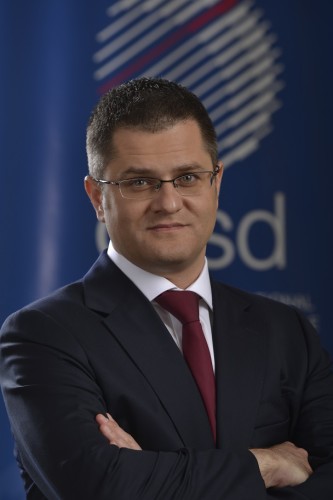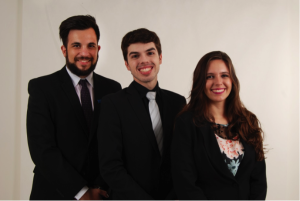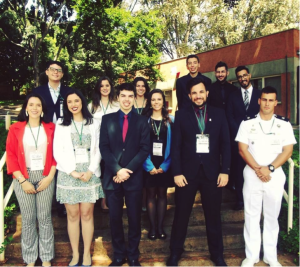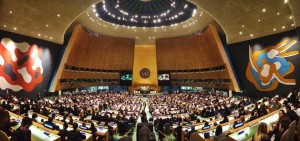
The United Nations General Assembly hall where delegations gather for closing ceremonies on the last day of the conference (Photo courtesy of Arley Titzler)
The Conference
The National High School Model United Nations Conference (NHSMUN) is the largest single location, High School MUN Conference in the world, hosting over 3,800 high school students in New York City. Other than being the first of its size, NHSMUN is also a trailblazer in providing an educational experience that appeals to delegates of all skill levels. While small crisis committees provide veteran delegates the chance to hone their MUN prowess, students new to MUN can gain exposure to debate in General Assembly committees where all member states of the UN have representation. This year NHSMUN had 31 committees where delegates debated and resolved the world’s most pressing international issues from March 2nd-5th.

The International Model United Nations Association (IMUNA) is the driving force behind this 4-day conference. IMUNA is an educational non-for-profit organization that facilitates Model United Nations around the globe, with many of its Board members being former Secretary-Generals and Director-Generals from past NHSMUNs. As a former delegate at NHSMUN in 2014, and now serving as a Substantive Assistant Director for NHSMUN 2016, I can attest to the close relationship between NHSMUN staff and the IMUNA board throughout the duration of the conference. This fosters a positive and cooperative relationship between experienced and new NHSMUN leaders that is one of the crucial elements in establishing NHSMUN as one of the most successful conferences I have ever seen.
The Vision
This year’s NHSMUN was led by Secretary General Costanza Cicero and Director General Shaan Pattni, the two central leadership roles that in addition to coordinating the entire conference, determine both the focus and goals for NHSMUN. In an interview with Ms. Cicero we discussed the vision she and her senior staff had for NHSMUN 2016. Her vision this year for NHSMUN was to “clean up the big operations behind NHSMUN” from minor changes like holding “three closing ceremonies in the UN General Assembly Hall” to “creating more institutional memory for future Secretary Generals.”
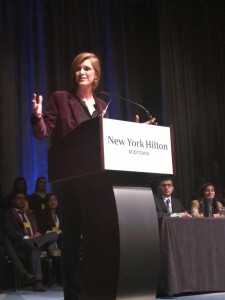
US Ambassador to the United Nations, Samantha Power, delivers the keynote speech during opening ceremonies (photo courtesy of Maunica Malladi)
This year’s staff also prioritized creating a more user friendly atmosphere for delegates by upgrading their social media presence through a renovation of the conference website, posting more content on the conference Facebook page, generating more tweets from individual committee twitter accounts, as well as creating a new snapchat geofilter for the conference. According to one IMUNA board member, these changes, both large and small, collectively created what many long-time faculty advisors and delegates identified as the smoothest and best NHSMUN conference they had seen. In addition to these goals, NHSMUN also focused on sustainability, collaboration, and reflective growth for delegates.
Sustainability
A central focus of NHSMUN 2016’s topics was using sustainability as an approach to protecting the livelihoods of the planet and its inhabitants, preventing the depletion of valuable resources, and promoting sustainable economic development. From preserving marine biodiversity in UNEP, to reducing the environmental effects of trade liberalization in the WTO, to promoting sustainable urban growth in Africa in UN-HABITAT, NHSMUN showed students that sustainability is a problem-solving approach and not simply a desired solution.
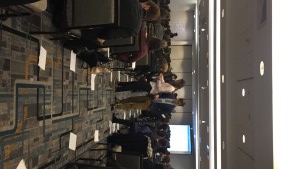
Delegates in ECOFIN utilize the note-passing system to communicate with other nations in the committee.
Collaboration
As war, terrorism, and resource scarcity divide countries and communities, NHSMUN 2016 continued its time-honored mission to emphasize collaboration and compromise on divisive issues. In debating the Territorial Disputes in the South China Sea in the UN Security Council, to preventing the growth of sex trafficking in the CSW, to understanding the effect of cryptocurrencies on criminal activity, students at NHSMUN experienced the challenging task of finding common ground on issues where incentives are not aligned.
Reflective Growth
At NHSMUN 2016, students learned to use the past as a tool to help solve problems in the present and the future. NHSMUN puts a heavy emphasis on research and preparation for both delegates and staff members to develop strong understanding of all issues. This is incredibly evident in the 10-20 page position papers that are written by delegates, as opposed to the standard one to two page position papers expected by most conferences. Students harnessed this understanding to alleviate the plight of the Rohingya people in ESCAP, manage the Palestinian refugee situation in SPECPOL, and eliminate the digital gender gap in CSW. With a mutual grasp of an issue’s origin, history, and stakeholders, students and staff members alike were given endless opportunities to collaborate on potential solutions that are sustainable in the long term.
Staff
A special and differentiating factor of NHSMUN is its staff. This year was no different as committee Directors and Assistant Directors delivered in facilitating rich and substantive debate in all of its committees. In order to produce meaningful resolutions in a manner that emphasizes delegate learning, NHSMUN staffers are trained to create a collaborative environment and combine it with organized and rich debate. From the committee Directors and Assistant Directors to the Senior Operational team, the consistency and brilliance of NHSMUN’s staff ensured that NHSMUN 2016 was a huge success.
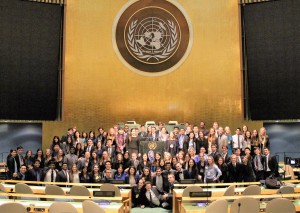
The full staff of NHSMUN 2016
IMUNA also desired to provide the following press release regarding an exciting announcement for how NHSMUN plans to expand next year:
“IMUNA is very excited to announce that we will hold two (identical) sessions in 2017: one from March 10-13, and the other from March 15-18. Both sessions will be held at the New York Hilton and the United Nations Headquarters and will have the same schedule and activity patterns. To find out more about this, be in the lookout for more info on our website www.nhsmun.org or email sg.nhsmun@nullimuna.org. Registration for NHSMUN 2017 will begin October 1st!”
Next year’s Secretary General and Director General will be Jennifer Padilla and Nika Arzoumanian.
The Awards
(the following information was provided by NHSMUN and can also be found on their website)
It has been the longstanding policy of NHSMUN to de-emphasize awards during the conference, recognizing, in most cases, entire delegations, rather than individuals in a committee. NHSMUN has several types of awards. The first is the Research and Preparation Award, presented for excellence in Position Papers, all of which must have been turned in on time. The second type of award is based on performance during the conference. Taking sizes of delegations into account to ensure fairness, the awards fall under three categories: the Award of Distinction, the Award of Excellence, and the Award of Merit. We will also recognize the achievements of delegations who speak English as a foreign language. In addition to the delegation awards, NHSMUN will also present certain delegates on the Specialized Agencies with performance awards, the categories of which are the Award of Distinction, the Award of Excellence, and the Award of Merit. There will be one recipient of each award per committee. All delegation awards, on the other hand, are presented during Closing Ceremonies at the United Nations Headquarters. The following schools were recognized at NHSMUN 2016:
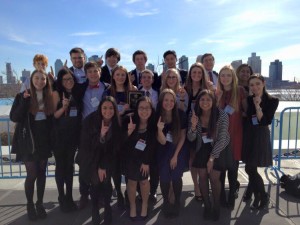
Team photo of the Delegation from Glenbrook South High School
Award of Distinction: Glenbrook South High School
Award of Distinction: Mira Costa High School
Award of Distinction: Horace Mann School
Award of Distinction: Richland Northeast High School
Award of Distinction: Rochelle Zell Jewish High School (formerly Chicagoland Jewish High School)
Award of Excellence: Cerritos High School
Award of Excellence: Franklin High School
Award of Excellence: Radnor High School
Award of Excellence: American Heritage Plantation
Award of Excellence: Instituto Andes
Award of Merit: East Brunswick High School
Award of Merit: Highland Park High School
Award of Merit: Westminster School
Award of Merit: Centennial High School
Award of Merit: Hillfield Strathallan College
Outstanding Achievement – Foreign Language Delegation: Gimnasio de los Cerros
Outstanding Achievement – Foreign Language Delegation: Colegio Hacienda Los Alcaparros
Outstanding Achievement – Foreign Language Delegation: Colegio Williams
Outstanding Achievement – Foreign Language Delegation: Espoon Yhteislyseon Lukio Upper Secondary School
Service Learning Project: Carlisle HS
Award of Distinction – Research and Preparation: Woodstock Academy
Award of Excellence – Research and Preparation: New West Charter
Award of Merit – Research and Preparation: Cerritos High School
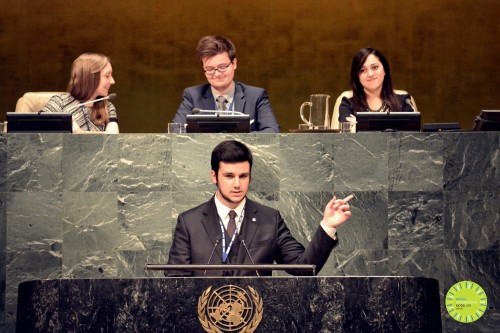

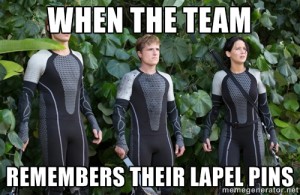

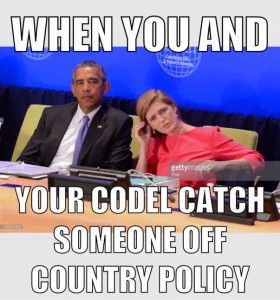
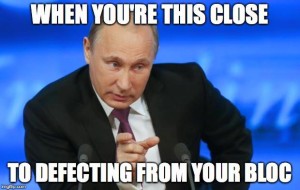
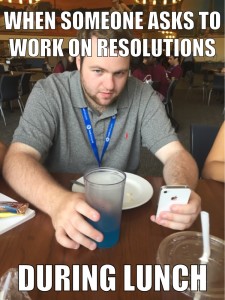
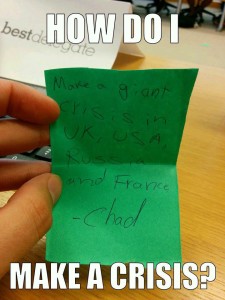
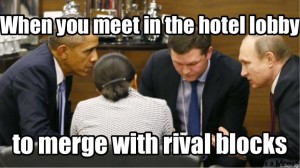
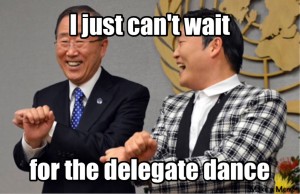

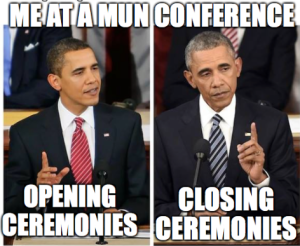
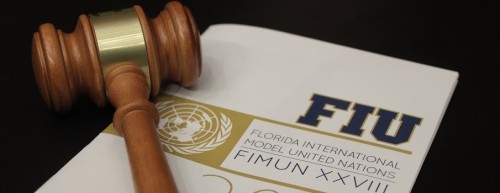
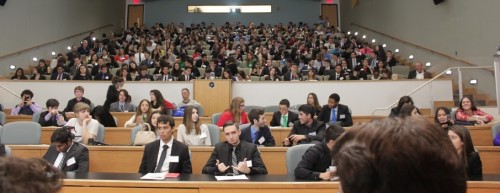
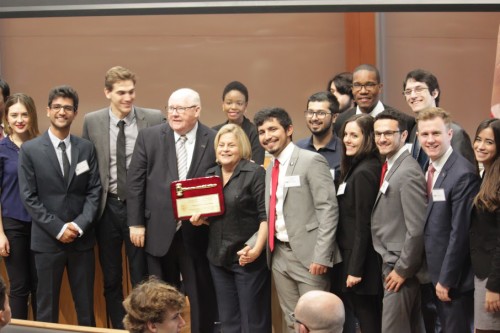
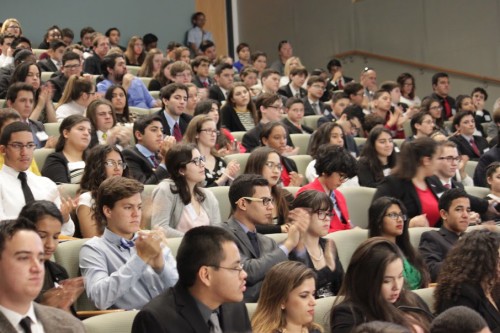
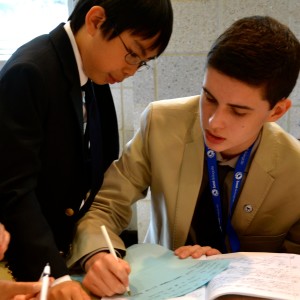

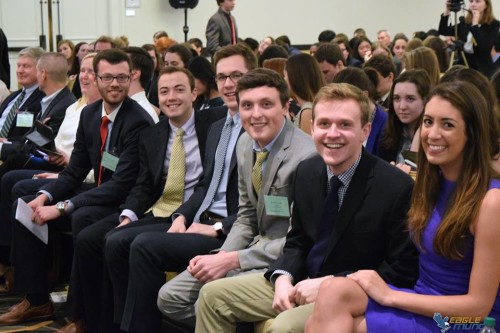

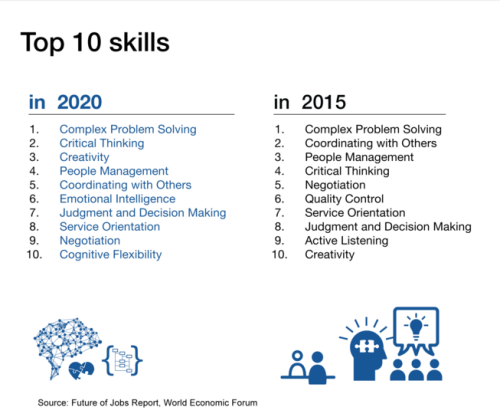





!["This award has always been important to me not only because of its uniqueness, but because it exemplifies the qualities that I think delegates should strive for. These are values and ideals [that] translate to real life and make us better leaders for the future." Kyle S. Wolfe received the Spirit of VICS award this year.](http://bestdelegate.com/wp-content/uploads/2016/04/Spirit-of-VICS-XXI-2016-500x500.jpg)




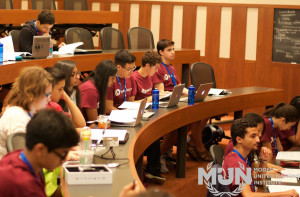 How to Research Your Crisis
How to Research Your Crisis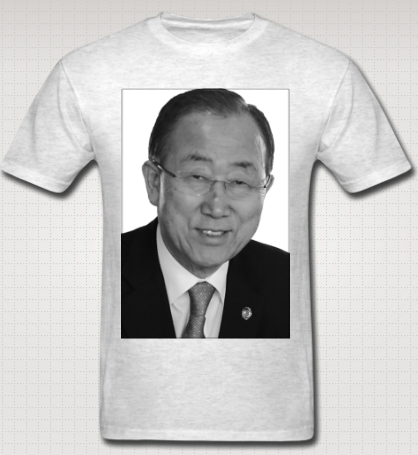
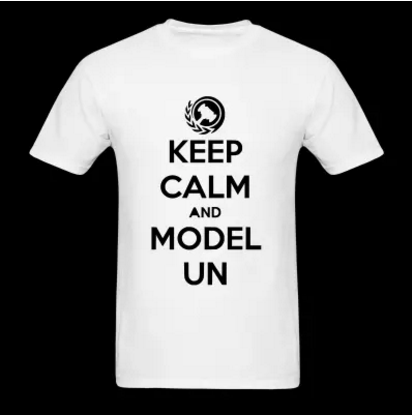 Best Delegate is excited to announce that we will officially be launching our online Model UN Apparel Store! We’ll be launching options for fun Model UN T-Shirts, Hoodies, Phone Covers, and more so you can let your Model UN spirit shine. To celebrate the launch of our store, we are hosting a Model UN T-Shirt contest for all of you creative MUNers out there! Sound like it something up your alley? Check out these awesome prizes for the winners!
Best Delegate is excited to announce that we will officially be launching our online Model UN Apparel Store! We’ll be launching options for fun Model UN T-Shirts, Hoodies, Phone Covers, and more so you can let your Model UN spirit shine. To celebrate the launch of our store, we are hosting a Model UN T-Shirt contest for all of you creative MUNers out there! Sound like it something up your alley? Check out these awesome prizes for the winners!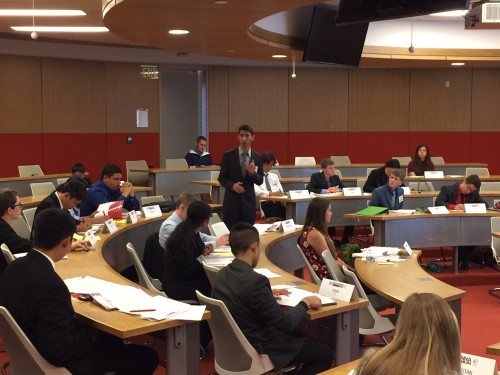
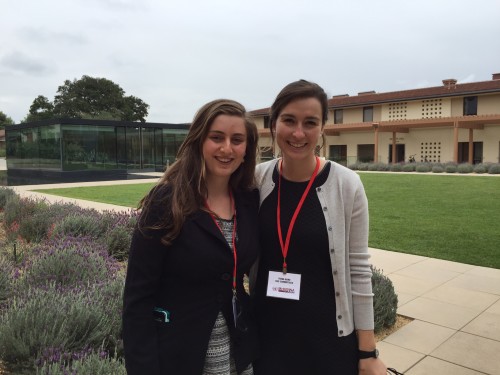
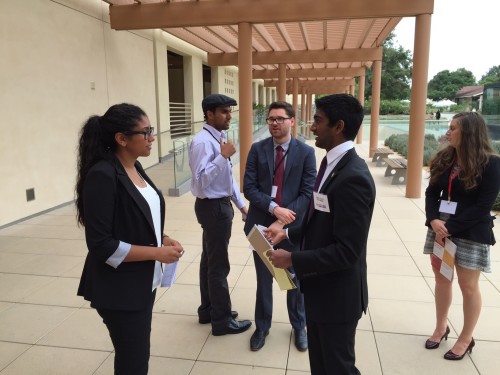
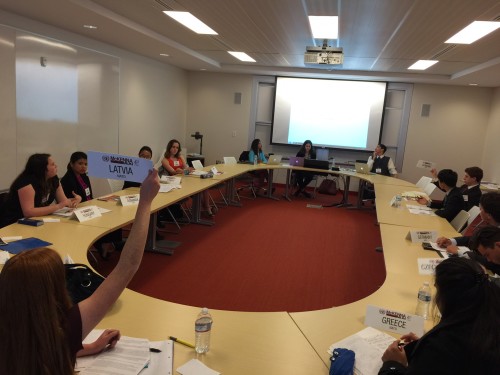
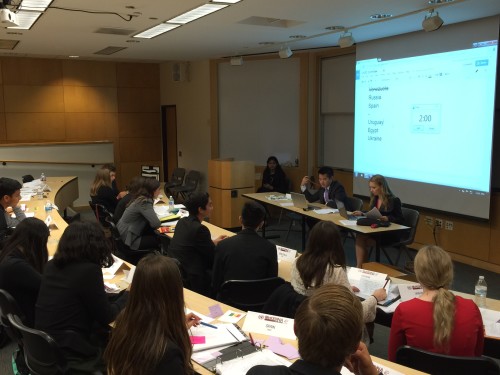
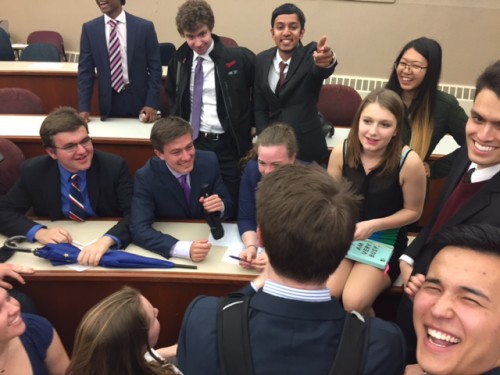

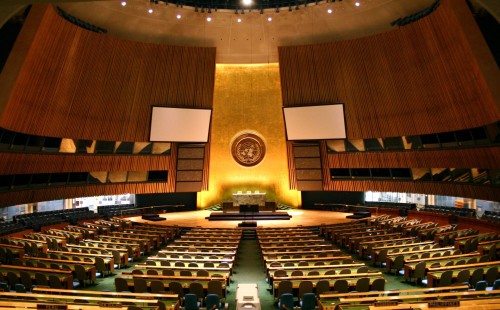
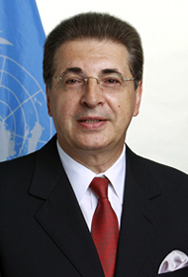
 Nationality: Republic of Croatia (Eastern Europe Group)
Nationality: Republic of Croatia (Eastern Europe Group) Nationality: Montenegro (Eastern Europe Group)
Nationality: Montenegro (Eastern Europe Group) Nationality: Slovenia (Eastern Europe)
Nationality: Slovenia (Eastern Europe) Nationality: Bulgaria (Eastern Europe)
Nationality: Bulgaria (Eastern Europe)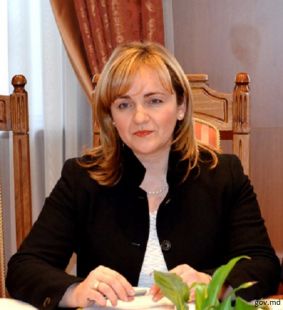
 Nationality: Portugal (Western Europe and Other)
Nationality: Portugal (Western Europe and Other)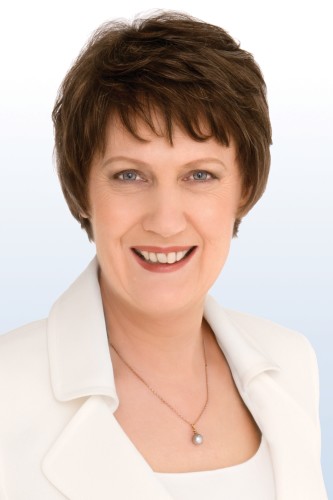 Nationality: New Zealand (Western Europe and Other)
Nationality: New Zealand (Western Europe and Other)